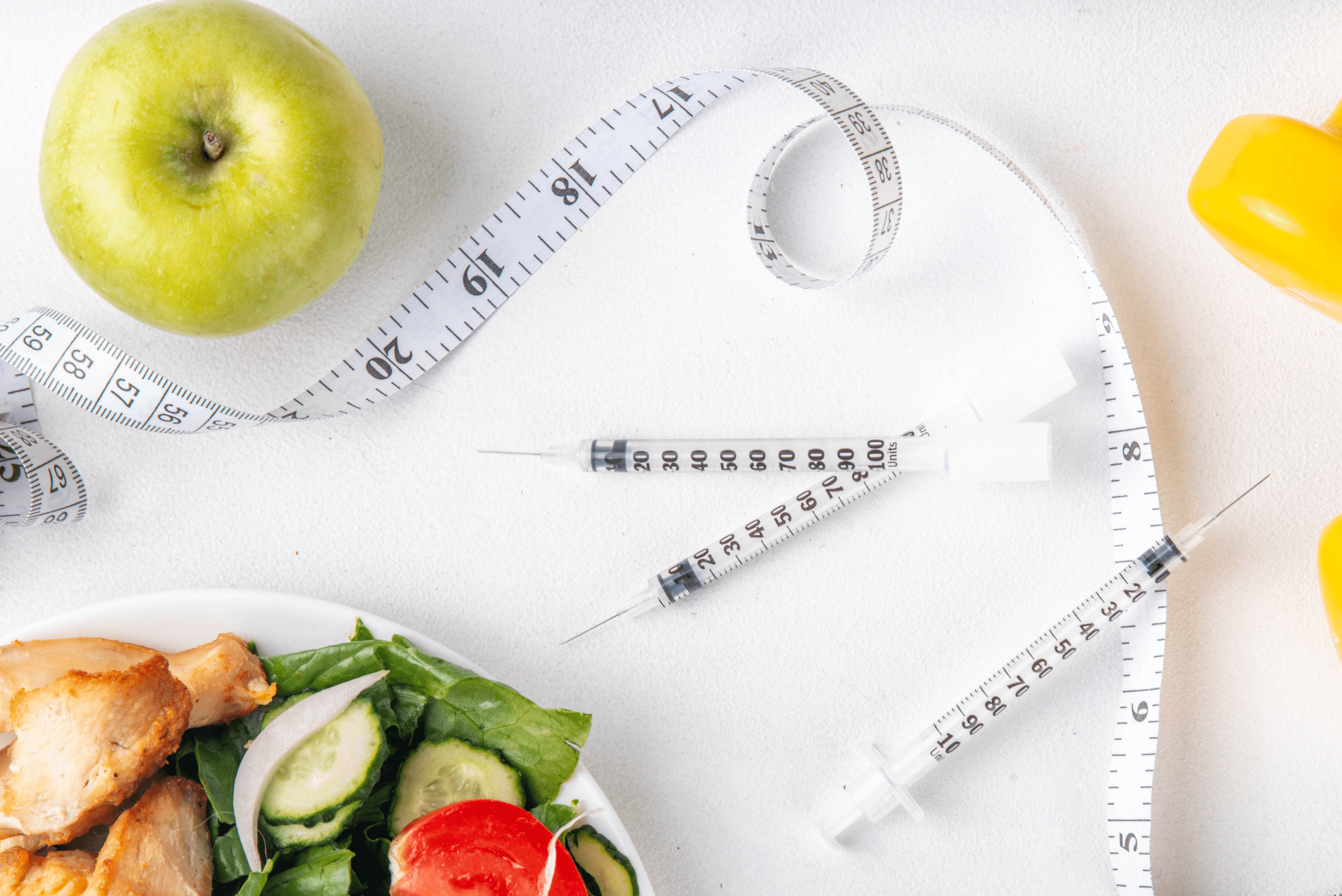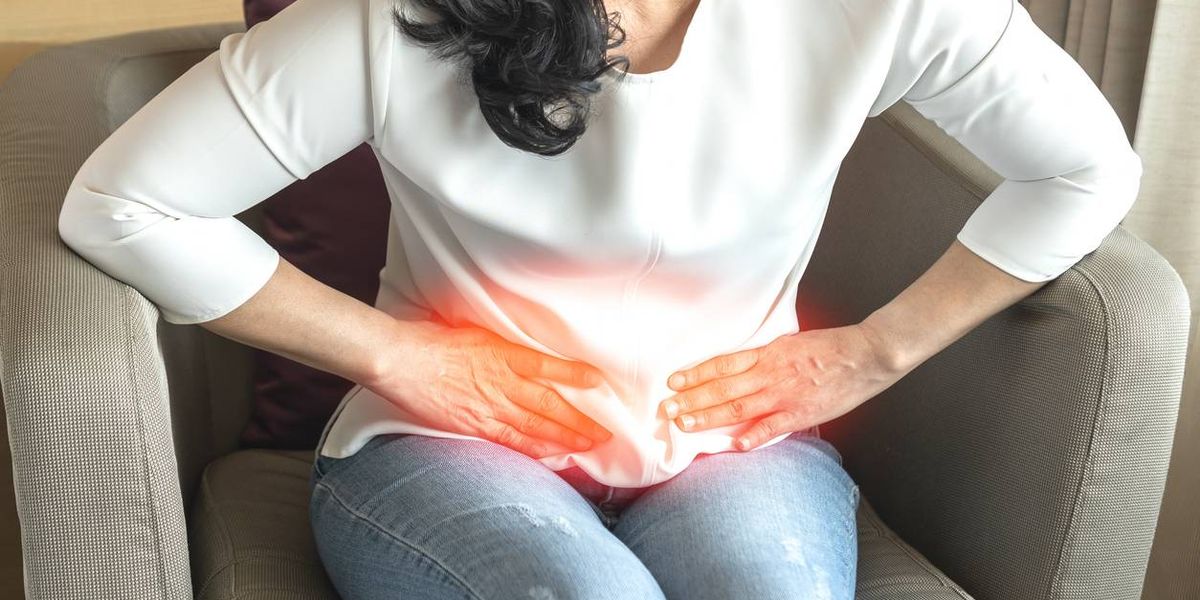2 Supplements to Take During Menopause
- A Mediterranean diet plus supplements were linked to better cholesterol levels in peri- and menopausal women.
- Study participants benefited from taking omega-3 fatty acid and plant sterol supplements.
- Results are promising but early—larger, longer studies are still needed for confirmation.
A small pilot study suggests that pairing a Mediterranean diet with supplements containing phytosterols and omega-3 fatty acids may help improve cholesterol and reduce body fat in menopausal women.
The research published in Frontiers in Nutrition, followed menopausal and perimenopausal women who adapted a Mediterranean-style eating plan and added two daily supplements. One was a phytosterol-based formula containing bergamot, prickly pear extract and vitamin B1. The other was an omega-3 fatty acid supplement, recommended because of its cardiovascular benefits. After just a few months, participants showed improvements in cholesterol levels and body composition.
Menopause often comes with hormonal and metabolic changes that can raise cholesterol, increase abdominal fat and increase cardiovascular risk. Heart disease is the leading cause of death for women, and managing cholesterol is an important part of prevention.
The Mediterranean Diet—built around vegetables, fruits, legumes, whole grains, olive oil and fish—has long been linked to heart health. Phytosterols, or plant sterols, and omega-3s are also well known for helping lower cholesterol and triglycerides. This study set out to see whether combining diet with these supplements could offer extra support during the menopausal transition.
How Was the Study Conducted?
The Italian study team looked at 14 women, 9 of whom were menopausal (with an average age of about 60) and 5 who were perimenopausal (with an average age of about 53). All of them were under the care of a nutrition specialist for dietary intervention due to high cholesterol and weight management. None of the participants were taking lipid-lowering medications or supplements at the start. Each woman received a personalized Mediterranean diet meal plan along with two supplements.
The women were tracked for two to seven months. During that time, researchers measured cholesterol, triglycerides, body weight, waist size and overall body composition.
What Did the Study Find?
At the start, the women had an average BMI of around 27, placing most of them in the overweight or obese category. Their cholesterol profiles showed high total cholesterol and LDL (“bad”) cholesterol, along with low HDL (“good”) cholesterol. About one in five of the menopausal participants also had elevated triglycerides.
After just a few months on the Mediterranean diet meal plan plus the two supplements, the women showed clear improvements across several key markers. Total cholesterol and LDL cholesterol dropped, while HDL cholesterol rose significantly.
The gains in HDL were especially intriguing—up to 65% in menopausal women and 58% in perimenopausal women. These increases are clinically meaningful because low HDL is considered a risk factor for metabolic syndrome and cardiovascular disease. Many women also improved their total cholesterol-to-HDL ratio, lowering it to a range linked with better heart disease prevention.
Researchers also analyzed triglycerides, but the most consistent improvements were seen in cholesterol levels and ratios.
The changes weren’t limited to bloodwork. On average, the women lost body fat, trimmed their waistlines and lowered their BMI. Their waist-to-hip ratios improved as well, suggesting a healthier pattern of fat distribution. In some cases, body fat mass dropped by nearly one-third during the study period.
Like all studies, this one certainly has its limitations—small size being a major one. This study was also conducted in Italy with a group of Italian participants, so it’s difficult to say just how applicable the findings could be to other groups.
How Does This Apply to Real Life
Even though this was a small pilot study, the results match what experts have been saying for years: the Mediterranean diet is one of the best for heart health. Building meals around vegetables, fruits, beans, whole grains, olive oil and fish can go a long way toward keeping cholesterol in check.
Supplements like phytosterols and omega-3s may provide an extra boost, particularly during menopause. And in this study, improvements were seen even though none of the women were taking cholesterol-lowering medications—suggesting that diet and supplements can make a measurable difference.
That said, these aren’t magic pills. How well they work depends on your overall diet, lifestyle, and even your genetics. It’s also important to remember the limitations: this study included just 14 women, didn’t use a control group and only ran for a few months. The results are promising but very preliminary. Larger, longer studies are needed to know whether this combination truly makes a lasting difference.
Our Expert Take
A Mediterranean diet eating pattern remains one of the most reliable ways to support heart health. Supplements, like the ones in the study, may offer additional benefits, but they should be seen as a complement to—not a substitute for—healthy eating and lifestyle habits. A health care professional can help determine whether these options fit into an individual’s overall prevention plan.
Source link
Share this article:

:max_bytes(150000):strip_icc()/The-2-Supplements-You-Should-Take-During-Menopause-01b2459d1a7249b69200eca1f258376f.jpg)










